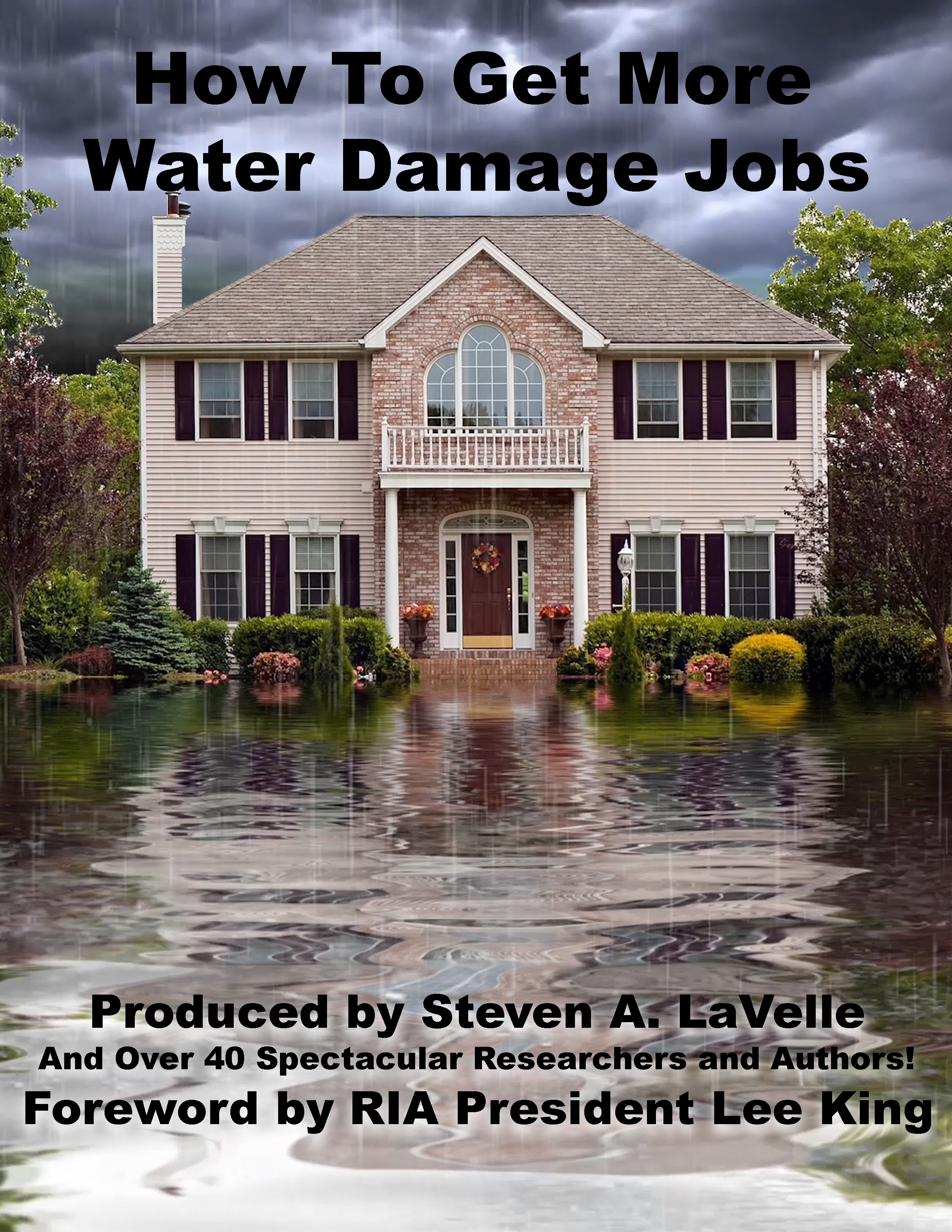Capitalizing on the Viability of the Restoration & Remediation Industry for Entrepreneurs

Photo credit: cagkansayin / iStock / Getty Images Plus via Getty Images
The restoration and remediation (R&R) industry has seen rapid growth in the last decade, with water damage restoration alone expected to grow at a CAGR of 6.8% through 2025. As such, the R&R sector continues to present rewarding opportunities for entrepreneurs looking to capitalize on the rising demand for services resulting from floods, hurricanes, wildfires and other catastrophic events. However, starting a business in this field requires a large investment on equipment and tools, as well as a proven business model that will allow the owner to get up and running quick in order to assist residents in their communities in need of help.
One path to opening a new restoration company that eliminates the hassle of starting completely from scratch is choosing to franchise with a reputable brand. The tools and resources franchisors can offer owners can position franchise owners for greater success. As you consider your options, here are a handful of key advantages to joining the R&R industry and how franchising can make the process more seamless.
Reliable Finance & Revenue Streams: The R&R industry offers reliable finance and multiple revenue streams from the services they provide. From storm damage repairs and contents cleaning to building services and asbestos removal, this essential business provides owners with a diversified income stream. These additional services can help mitigate risks associated with fluctuations in demand and provide a stable source of revenue, even during slow periods.
Recession Resistance: Another factor making the R&R industry attractive for entrepreneurs is its recession-resistant nature. Regardless of economic conditions, storms and natural disasters can occur at any time, resulting in a consistent demand for services no matter the time of year or season. This makes the industry relatively resilient to economic downturns, providing owners with a more stable and reliable long-term business opportunity. Additionally, the nature of the industry allows for diversification, as restoration services are needed in various sectors such as residential, commercial, and industrial.
Support Systems & Brand Establishment: One of the top advantages of franchising in the R&R industry is the established business model and support system provided by the franchisor. Franchise owners benefit from customized and proven business methods, comprehensive training programs, ongoing operational support, and access to a network of experienced professionals. This allows entrepreneurs with little or no prior industry experience to start their own business with a higher likelihood of success compared to starting from scratch. Existing brands can boast a well-established reputation, immediate credibility and consumer trust – all of which can take years to build as a startup brand.
Protocols & Regulations: The R&R industry is heavily regulated, with strict guidelines and standards in place to ensure the safety and quality of services provided. Franchisees can use these guidelines to their advantage, as they provide a solid foundation for operations and customer satisfaction. With well-defined protocols for handling hazardous materials, managing environmental concerns, and implementing safety measures, franchising in R&R offers not only a structured approach to business operations, but adds a level of protection for its workers. This instills confidence in customers and provides franchisees with the necessary tools to navigate complex regulations and maintain compliance, fostering a reputation for reliability and professionalism.
With these advantages in mind, the R&R industry’s ability to offer attractive franchising opportunities is evident. Driven by increased demand resulting from storms and natural disasters, investing in an R&R brand can offer aspiring entrepreneurs a chance to join an industry with a proven business model. By taking advantage of reliable revenue streams, comprehensive system support, and industry-wide regulatory standards, franchising in the R&R industry can be a viable option for entrepreneurs looking to start their own business and make a meaningful impact in their communities.
Looking for a reprint of this article?
From high-res PDFs to custom plaques, order your copy today!








